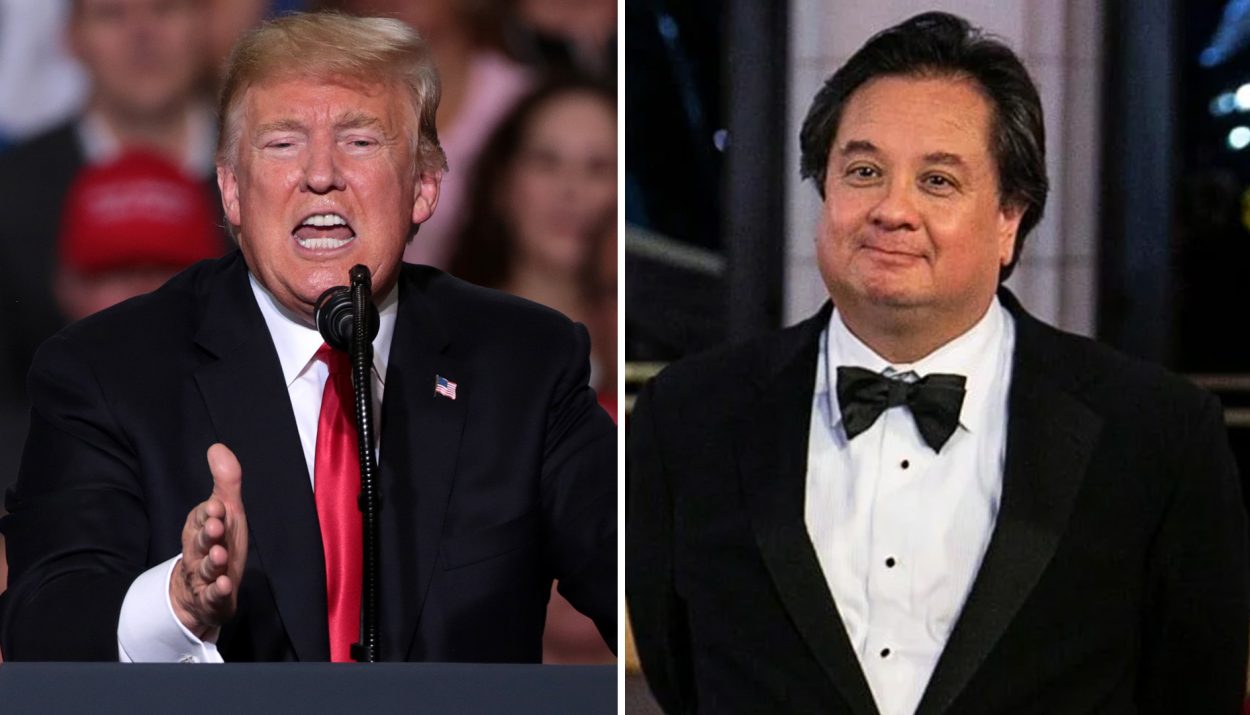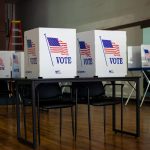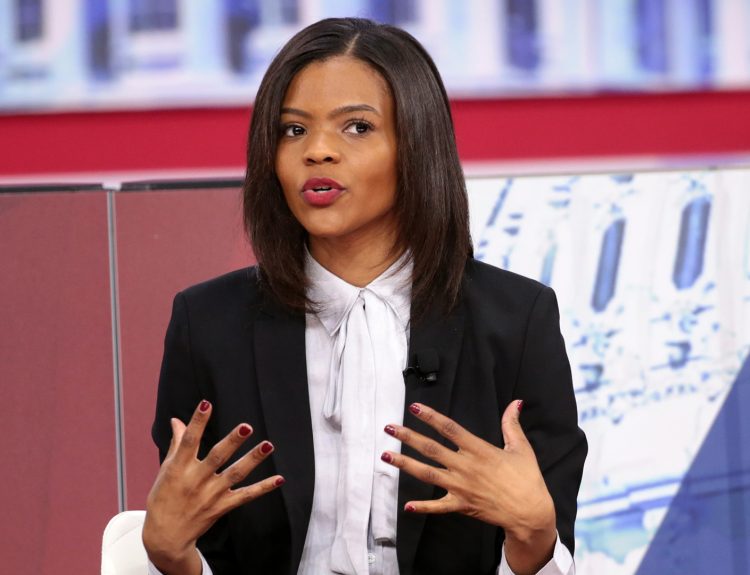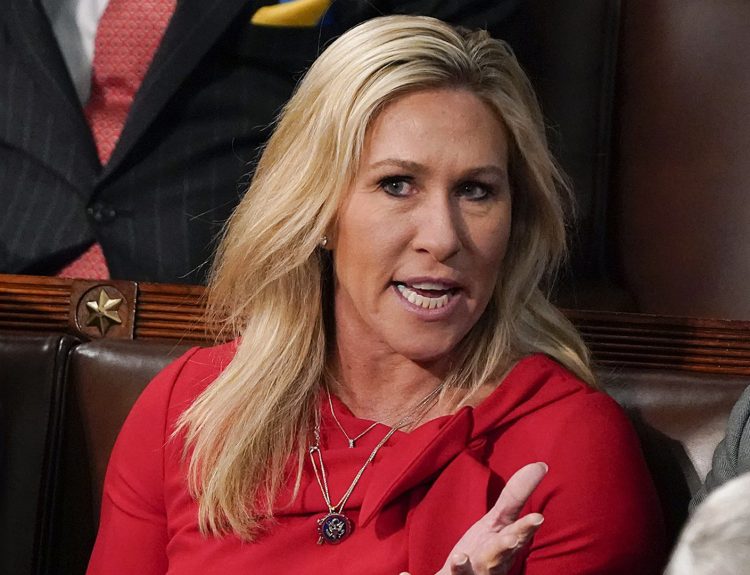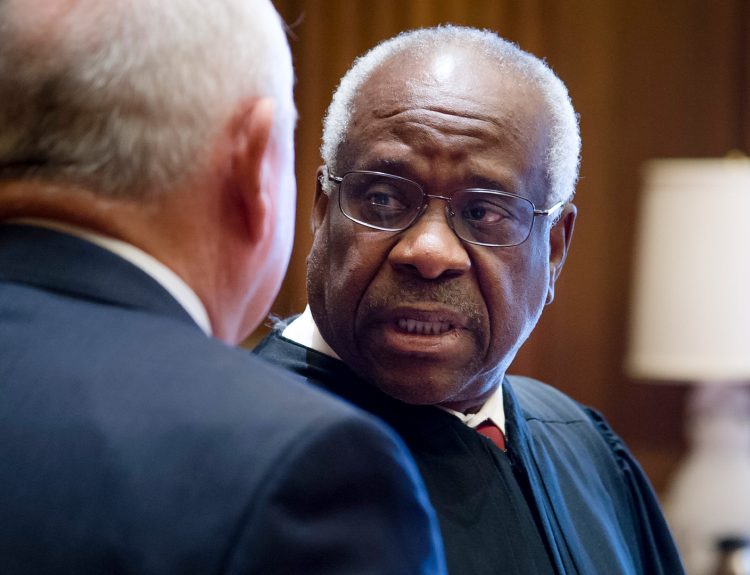In a recent deposition, former President Donald Trump made remarks that have sparked widespread controversy. The comments, which some have described as a “bloodbath rant,” have been the subject of intense debate, with critics arguing that they are being misrepresented.
Among the key figures involved in this incident are George Conway, a prominent conservative lawyer and outspoken critic of Trump, and Roberta Kaplan, a renowned civil rights attorney representing several plaintiffs in lawsuits against the former president.
Trump’s Actions During the Deposition
During the deposition, Trump reportedly engaged in a tirade that critics have described as a “bloodbath rant.” The former president’s comments have drawn criticism for their aggressive tone and content.
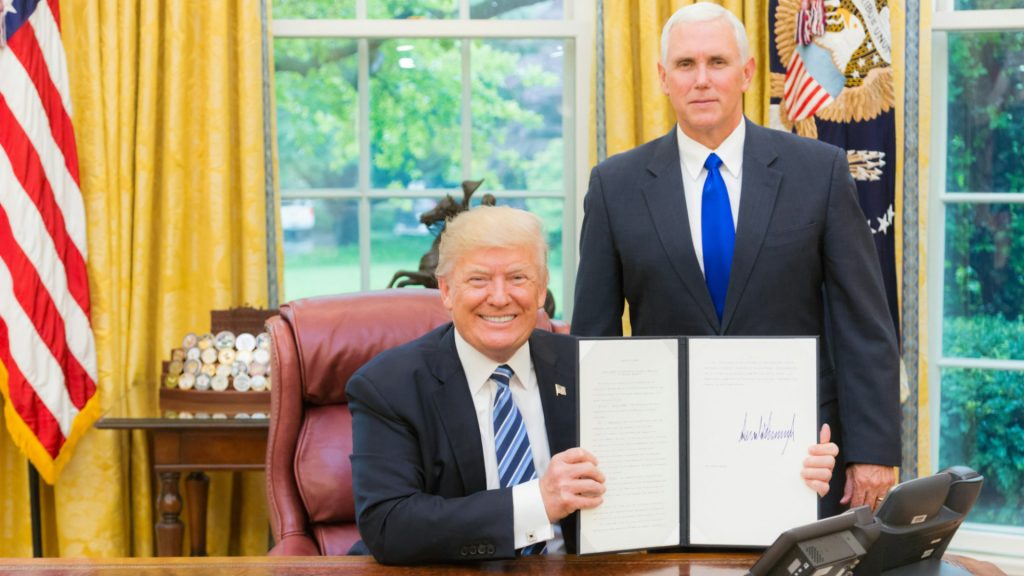
It leads critics to conclude that they disregard the legal process. These remarks have added a new dimension to the ongoing legal proceedings involving Trump, highlighting these interactions’ volatile and unpredictable nature.
Conway Highlights Mental Fitness Concerns
Amidst turbulent political discourse, George Conway raises alarms over Trump’s mental fitness for office. Drawing on psychiatric evaluations and public behavior, he stirs a debate on the fitness criteria for national leaders.
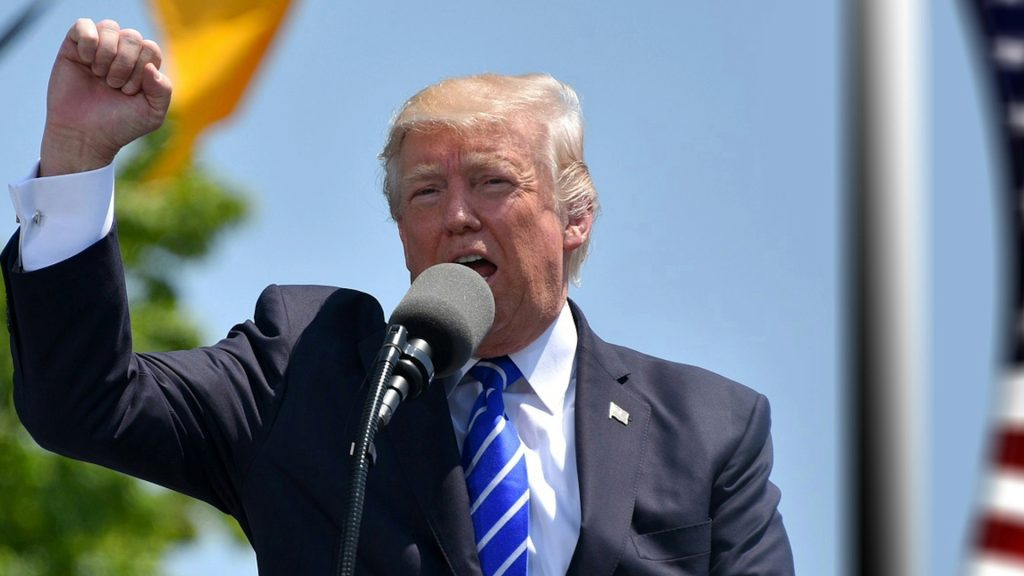
Conway’s comments fuel media discussions, highlighting the delicate balance between public scrutiny and professional diagnosis. His concerns underline the importance of mental acuity in the high-stakes realm of governance.
Deciphered Trump’s Rhetorical Strategy
George Conway dissects Donald Trump’s rhetoric, asserting, “It makes no difference to his malicious intent or the danger he and his rhetoric pose.” This statement underscores Conway’s view of Trump’s language as broadly manipulative, not limited to any context.
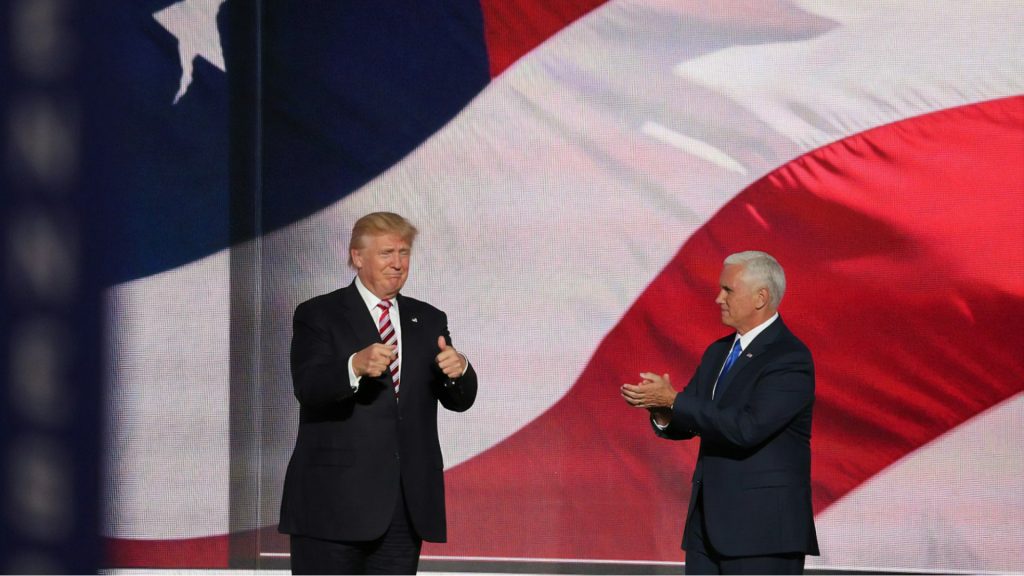
Expanding on the implications, Conway emphasizes, “What matters is that he consistently uses apocalyptic and violent language,” pointing out the inherent risks in such communication. He suggests that this approach reflects a deeper, malign intent to manipulate public perception and sentiment.
The Media’s Role in Conway’s Critique
George Conway’s observations on Trump gain prominence through extensive media coverage, amplifying their impact on public perception. This interaction underscores the media’s power in shaping political narratives and public discourse.
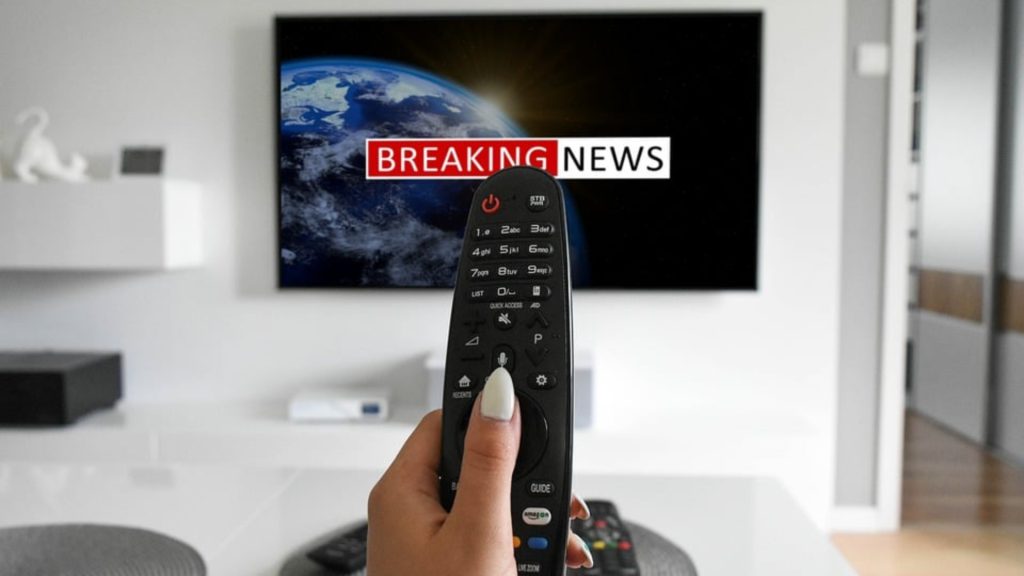
The varied responses to Conway’s analysis illustrate the media’s role in facilitating a broad, democratic exchange of ideas. As a platform for debate, the media serves as a critical check on political power, echoing Conway’s call for transparency and accountability.
Conway Exposes Deeper Authoritarian Underpinnings
Conway highlights the authoritarian nature of Trump’s rhetoric: “It’s a classic trait and technique of authoritarian demagogues.” This critique situates Trump’s language within a framework of authoritarian manipulation. This emphasizes its role in rallying and radicalizing his base.

Further articulating the dangers, Conway argues, “He catastrophizes everything to rile up his cultish supporters,” illustrating Trump’s discourse’s broad, dangerous implications. According to Conway, this strategy binds supporters more closely to Trump and legitimizes extreme actions in their eyes.
GOP Reckons with Conway’s Comments
Conway’s candid criticisms offer a moment of reckoning for the Republican Party, sparking discussions about its alignment with Trump’s legacy. His insights challenge party members to consider their principles and the party’s future direction.
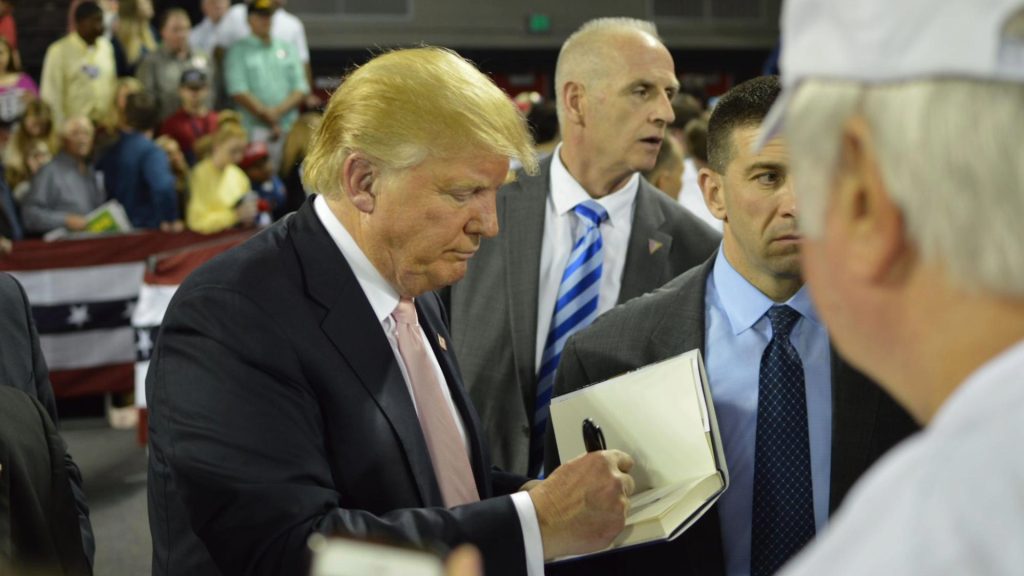
The internal GOP response to Conway’s critique may signal evolving dynamics within the party. The fact that Conway suggests GOP knows Trump is guilty, reflects broader shifts in American conservatism. Conway’s influence underscores the importance of internal debate for the party’s growth and adaptation.
Conway Critiques Trump’s Appeal to Fear
In his pointed analysis, Conway argues that Trump leverages fear-mongering as a core strategy, stating, “What matters is that he consistently uses apocalyptic and violent language.”

Conway elucidates the broader impact of such tactics, suggesting they not only alarm the public but also serve to rally Trump’s base around a perceived common enemy. According to Conway, this strategy indicates Trump’s effort to maintain influence and control.
Rhetoric’s Dangerous Implications Warning From Conway
Continuing his critique, Conway underscores the irresponsibility of such language, especially from a figure of Trump’s prominence. George Conway highlights the dangerous nature of Trump’s discourse, noting, “He’s encouraging them to believe that conditions are so bad… that anything is justified.”

He warns of the rhetoric’s capacity to distort reality, fomenting divisiveness and potentially inciting violence among followers convinced of the dire narratives spun by Trump.
Trump’s Escalating Rhetoric
George Conway observes a notable increase in the severity of Donald Trump’s rhetoric, highlighting a trend that could undermine civil discourse. He asserts that such escalation not only polarizes but potentially incites, posing a risk to societal stability.
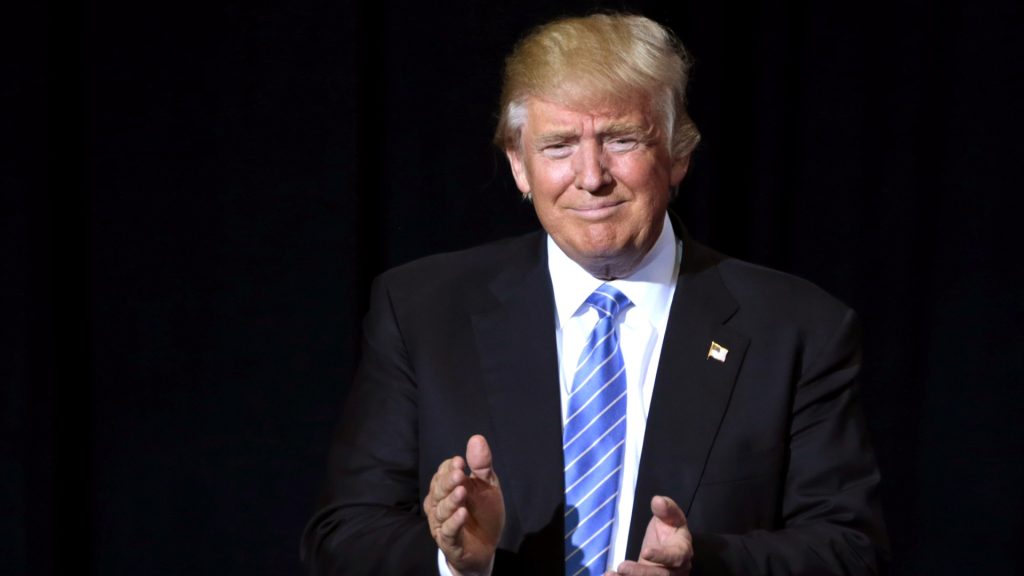
In a further analysis, Conway suggests that this rhetoric shift could erode the foundational norms of respectful debate and democratic engagement. He stresses the importance of recognizing these changes to address the emerging challenges in political communication effectively.
Conway Warns of Polarizing Effects
Addressing the divisiveness of Trump’s rhetoric, Conway warns of its potential to fragment societal cohesion. He articulates concerns over the rhetoric’s capacity to deepen existing divisions, impacting the broader socio-political landscape.
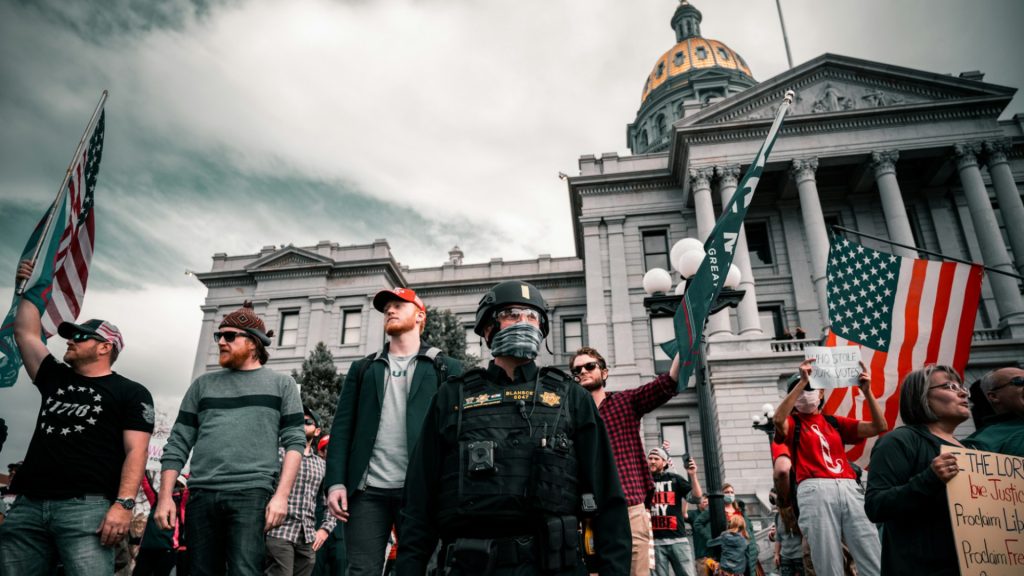
Additionally, Conway emphasizes the critical need for a measured response to such rhetoric, advocating for strategies that foster understanding and dialogue. He calls for a collective effort to navigate the polarizing discourse, underscoring the imperative for media and public scrutiny.
The Impact of Alleged Narcissism on Leadership and Policy
Conway’s concern regarding Trump’s alleged narcissism extends to its implications on governance, questioning the efficiency and ethical foundations of leadership decisions. This critique raises vital considerations for policy formulation and execution.
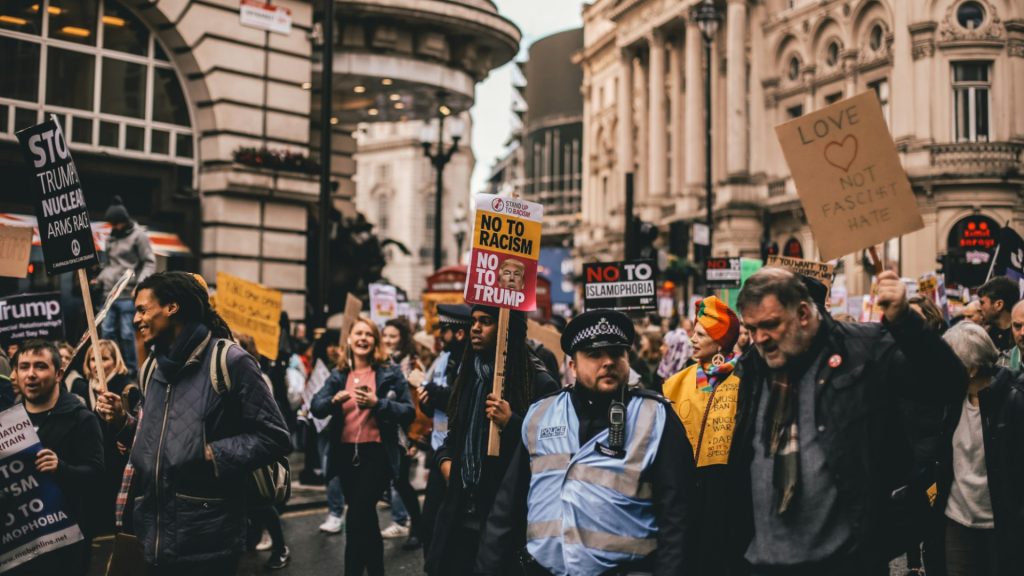
In his recent interview, Conway emphasizes the need for accountability and psychological acumen in political leadership.
Analysis Of Conway’s Political Discourse Impact
Conway scrutinizes the deeper impact of Trump’s escalating rhetoric on American political discourse, pointing out the potential long-term effects on democratic debate and public trust. He suggests that such rhetoric could undermine the pillars of informed and rational political conversation.
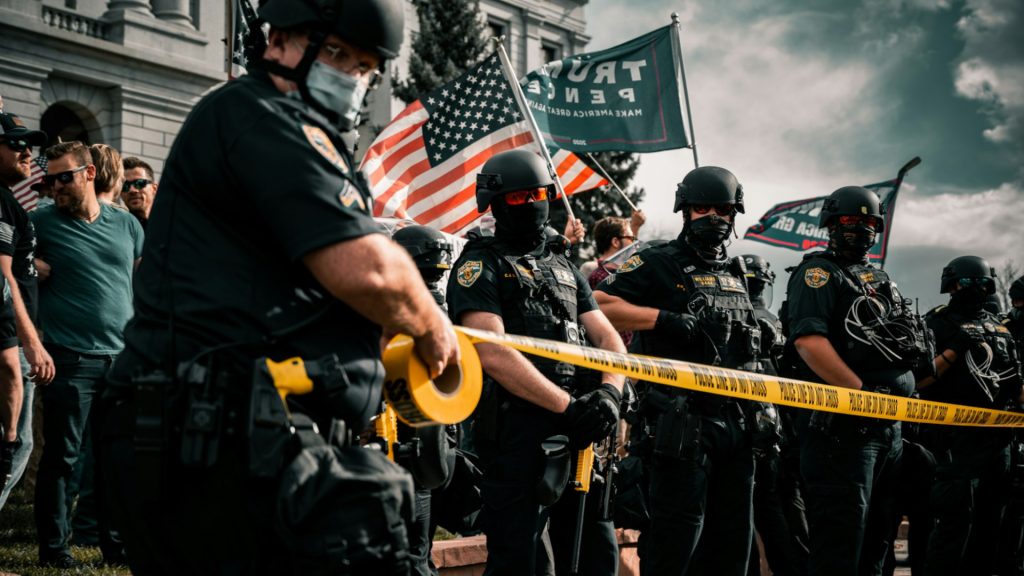
Conway underscores the challenge this presents to political analysts and commentators in a secondary point. He advocates for a comprehensive approach to understanding the nuances of such rhetoric, emphasizing the need for media and political figures to foster a more constructive dialogue.
Conway Calls for Responsible Media Engagement
Highlighting the role of the media in shaping public perception, Conway calls for responsible journalism in the face of Trump’s provocative language. He stresses the importance of context and fact-checking in reporting to prevent the amplification of misleading or harmful narratives.

Moreover, Conway appeals to media professionals to prioritize accuracy and depth in their coverage, recognizing their influence on public opinion. He suggests that media entities should self-reflect and commit to higher reporting standards to counteract the effects of polarizing political rhetoric.
Conway’s Remarks On Political Accountability
Conway emphasizes the importance of political accountability in addressing Trump’s rhetoric. He argues that leaders and policymakers must not only denounce harmful language but also actively work to prevent its normalization in political discourse.
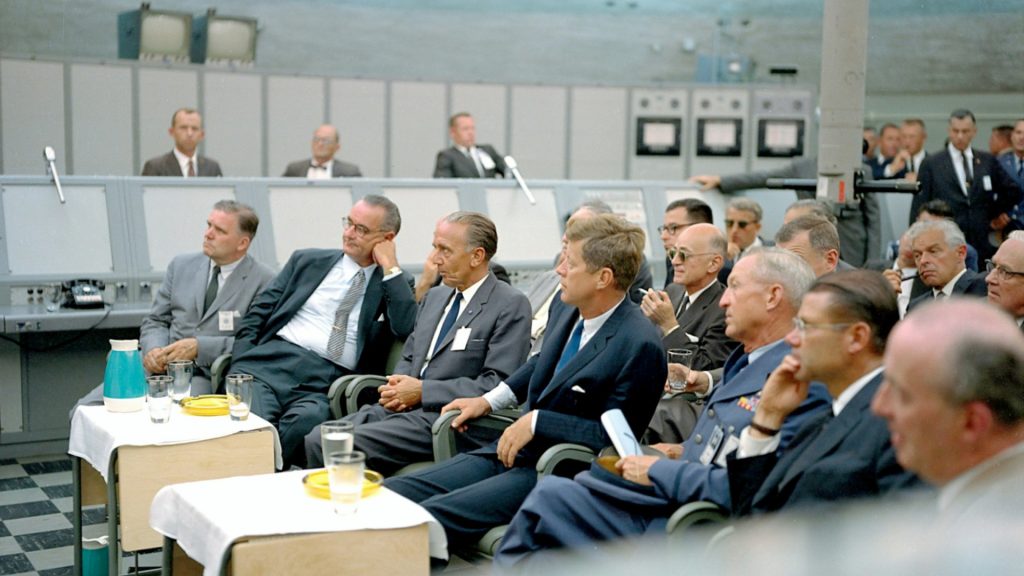
Furthermore, Conway suggests that political accountability involves educating the public about the implications of such rhetoric. He advocates for initiatives promoting critical thinking and media literacy. It blosters democratic resilience against misleading or divisive political communication.

